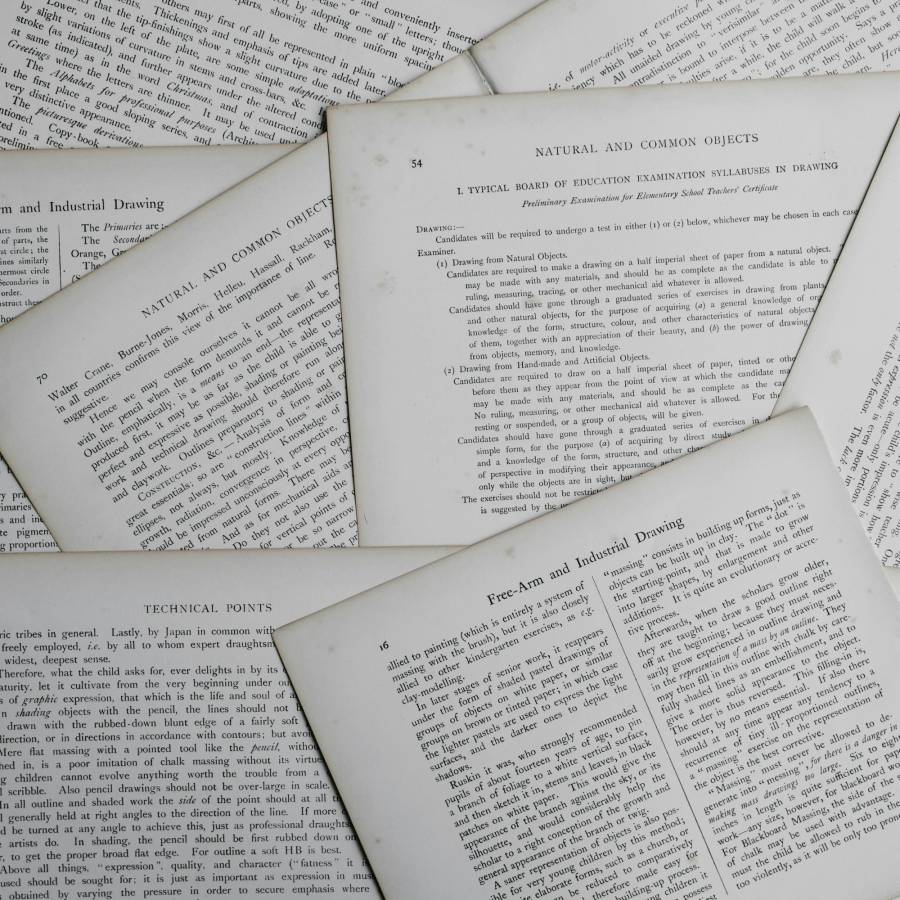Let’s admit it, reading scientific papers can be so overwhelming! But if we take the right approach, we can navigate them effectively and avoid getting lost in the technical jargon and concepts. Here’s how we do it, to help you stay on track…
- Start with the Abstract. The abstract is great because it is basically a summary of the paper’s key findings, methods, and conclusions. Once you’ve got an overview of everything that happened, the rest seems a little easier.
- Identify the Research Question. All scientific papers should have a research question. By understanding the research question or hypothesis, we get a clear focus on the point of the paper. Look for the stated objectives or aims to grasp what the authors set out to investigate.
- Scan the Introduction and Conclusion. The introduction sets the context for the study and explains its significance. Skim through the introduction to understand the background and rationale behind the research, but don’t spend too much time on it. Similarly, read the conclusion to see how the findings relate to the research question and what implications they have.
- Focus on Figures and Tables. Figures and tables explain the important information better than lengthy paragraphs. Pay attention to graphs, charts, and tables to understand the main results easily.
- Read the Methods Carefully. Understanding the methods is important so we can evaluate how valid and reliable the study is. Take your time to read the methods section carefully, looking at the study design, sample size, data collection procedures, and statistical analyses used.
- Look for Key Results and Interpretations. Skim through the results section to identify the main findings of the study. Pay attention to any significant patterns, trends, or relationships. Always remember to be critical in evaluating the conclusions drawn.
- Take Notes and Ask Questions. Keep a notebook handy to jot down any points, questions, and areas of confusion as you’re reading. Everyone has to look up unfamiliar terms or concepts, so don’t hesitate to do this to enhance your understanding.
- Ask for help. If you come across sections that are challenging to understand, don’t hesitate to ask for her from your colleagues, professors or friends. Sometimes discussing complex concepts with others can help clarify your understanding!
By following these tips, you can reduce your confusion and avoid getting lost in academic literature. Remember that reading scientific papers is a skill that improves with practice, so don’t be discouraged by initial challenges!






